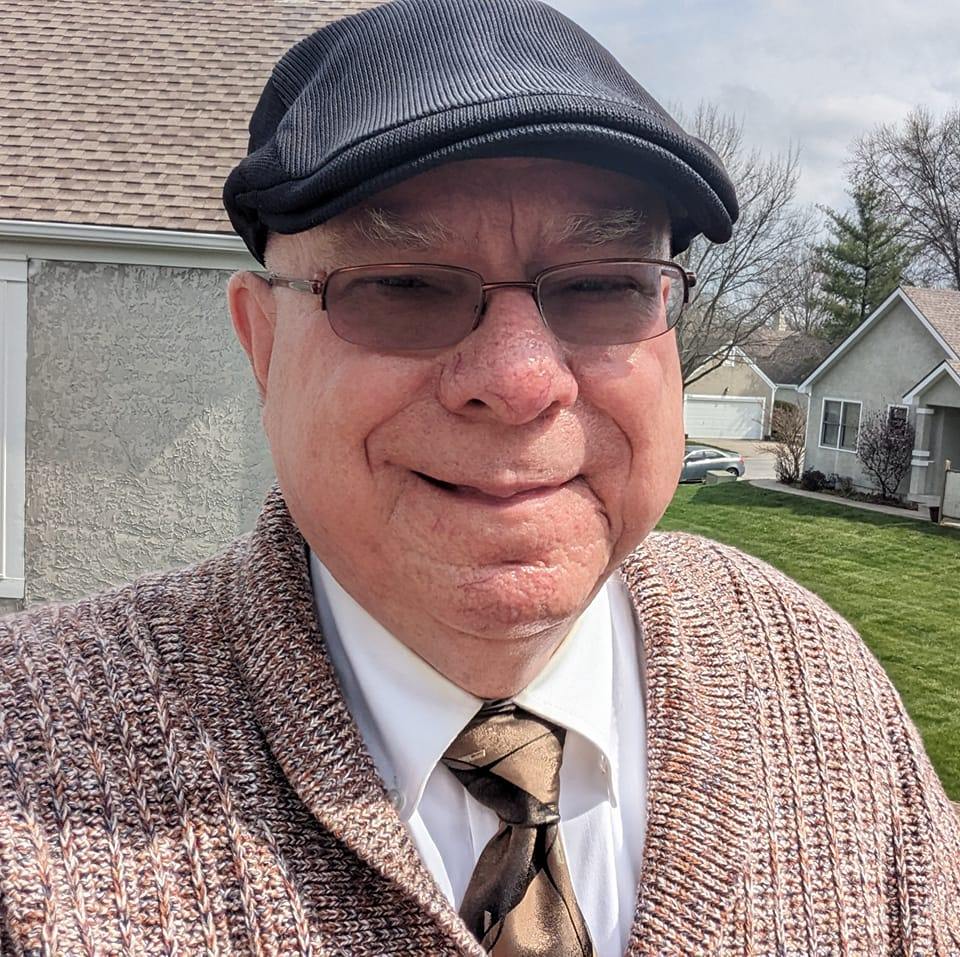 Most support groups encourage recovering people to find a sponsor. In addition, “mentorship” is a solid Biblical concept. The relationship between Paul, the seasoned veteran apostle, and Timothy, the young, gifted, upstart preacher is an excellent example.
Most support groups encourage recovering people to find a sponsor. In addition, “mentorship” is a solid Biblical concept. The relationship between Paul, the seasoned veteran apostle, and Timothy, the young, gifted, upstart preacher is an excellent example.
Still, for people involved in a long-term residential programs, it is best to delay the process of finding a sponsor until they get near graduation. While still in the program, the staff serves essentially as the “sponsor”. Having an outside sponsor too early in the program can actually be counterproductive, especially if the sponsor gives guidance that is at odds with what the program’s staff. It can also place the staff in a difficult situation in regard to confidentiality.
As I have often said, the primary goal of any long-term residential recovery program is to “work themselves out of a job.” In other words, we succeed with troubled people when they no longer need us. As we begin the process of planning an individual’s exit from a structured long-term program, careful aftercare/discharge planning is vital. There must be a formal plan that includes church and support group participation, educational, housing and employment arrangements. Finding an outside program sponsor should be a non-negotiable expectation for graduation from a residential recovery program.
How can we benefit from having a sponsor?
A. Establishing Accountability – Having another man in my life who knows enough about me to ask the hard questions has been a vital dimension of my personal walk of recovery. To be honest about it, there are times when I’ve actually walked away from temptation more because I did not want to be embarrassed by confessing it to a sponsor, than because it was the right or best thing to do.
B. Keeping Pride in Check – Ego, grandiosity, and self-centeredness are all issues with recovering people. The Bible is full of admonitions about this – “Pride goes before a fall, and God opposes the proud, but gives grace to the humble, etc.” Ultimately, a sponsor helps me to keep from getting trapped by my own false sense of “powerfulness” and keeps me in reality (which is another word for “humility”).
C. Staying Honest – It’s really easy to fool others, and even myself. I’ve learned how to look really good outwardly, while I’m doing terribly inwardly, even in support groups. Here again, if I’ve been open with my sponsor about my personal issues, he will hold me accountable and “nail me” when I’ve slipped into dishonesty. It is my firm conviction that no one with a clear conscience ever relapses.
D. Maintaining Objectivity – “Stinking thinking” is a real trap. Having a person committed to being a “sounding board” for me gives me someone who can say stuff like, “I don’t think you are perceiving that correctly” or “Have you considered this might be what’s really going on?” This is especially helpful in the always difficult area of relationships in which all recovering people struggle. Most others in our lives have some “vested interest” in how we behave or how well we do in our lives. It’s hard for these folks to be very objective. So, we need someone outside of our primary family, work, etc. relationships who doesn’t have as much at stake to help us to steer a clear course.
E. Finding Encouragement – I find I am apt to get down on myself at times, often because of things over which I have little or no control. Having an objective, supportive person who understands the process of recovery helps me keep a healthy perspective on things. Usually, I find I’m doing better than I might think. And, even when I’m not doing so well, my sponsors have provided the hope and support I’ve needed to move forward and do the often difficult things that are necessary to keep growing.
How to Find a Sponsor
Look for a person who is:
- Of the same sex (an absolute must!).
- Growing and solid in his/her own personal program of recovery.
- Trustworthy and able to keep what is shared confidential.
- A good listener and non-judgmental encourager.
- Available when they are needed. This usually means able to meet at a set time on a weekly or bi-weekly basis.
A good starting place for finding a sponsor is to look for people at support group meetings who seem to be solid and take an interest in newcomers. It might be wise to find out how other participants in the meetings see this person.
Since establishing a sponsorship relationship is really an informal arrangement, it starts by simply asking a trusted individual – “Would you be my sponsor?” And, it’s perfectly acceptable to fire” a sponsor if the arrangement does not seem to be working out. So, there are definite advantages to starting this process while still in the program so staff members can provide support and feedback until a suitable sponsor is found.

 You probably need to consider seeking help if:
You probably need to consider seeking help if: Isn’t admitting “powerlessness” over drugs and alcohol a defeatist attitude?
Isn’t admitting “powerlessness” over drugs and alcohol a defeatist attitude?

